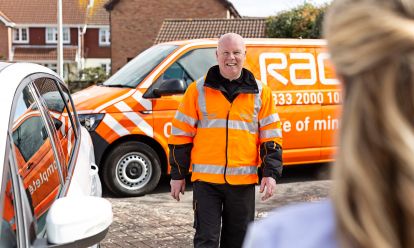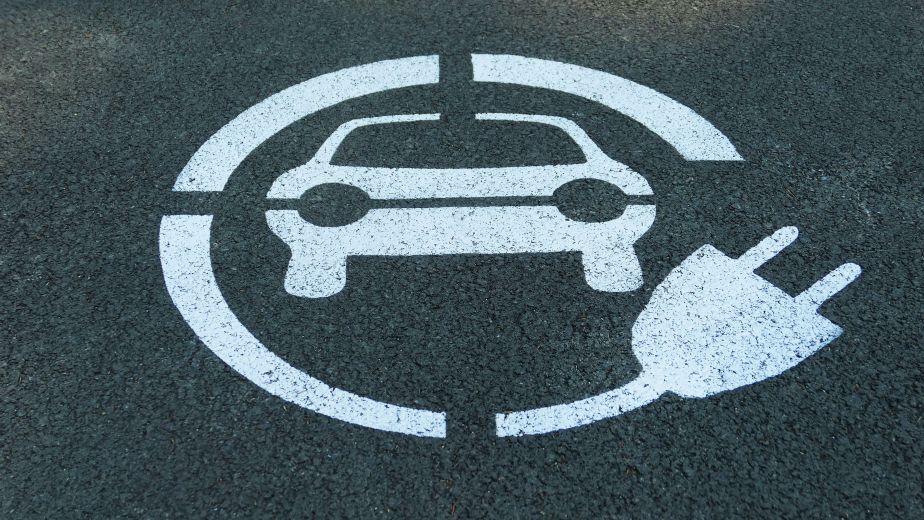This comes as Ofgem’s CEO Jonathan Brearley implored the incoming Prime Minister and new cabinet to provide an urgent response to continued surging energy prices in order to tackle the issue.
According to Ofgem, the reason for the rise is down to the continued rise in wholesale gas prices due to the Russian invasion of Ukraine and its fallout in the industry.
The price cap, as set out in law, puts a maximum per unit price on energy that reflects what it costs to buy energy on the wholesale market and supply it across the country.
It also sets a profit rate that suppliers can make from domestic energy sales. Since the price increase is so large, many are worried about the future for the energy industry in Britain.
Ofgem is calling on the Government to help the public at this time of rising energy costs.
Brearley commented: “The Government support package is delivering help right now, but it’s clear the new Prime Minister will need to act further to tackle the impact of the price rises that are coming in October and next year.
“We are working with ministers, consumer groups and industry on a set of options for the incoming Prime Minister that will require urgent action. The response will need to match the scale of the crisis we have before us. With the right support in place and with regulator, government, industry, and consumers working together, we can find a way through this.”
With energy prices rising, the news has cast doubt on whether switching to electric now makes financial sense for UK drivers on a budget.
However, the RAC can confirm for those who own an EV, it is still cheaper to run one, even with the rising costs.
RAC spokesperson Rod Dennis said: “The impact of the energy price cap increase will certainly be felt by drivers who charge their electric cars at home, with a full charge of a typical family-sized electric SUV costing 84% more from 1 October than it did under the old cap - £33.80, compared to £18.37.
“Despite recent falls in the price of petrol and diesel, the cost of charging at home is still good value compared to paying for either fuel, but again underlines just how the rising cost of electricity is affecting so many areas of people’s lives.
“We’re also aware that public chargepoint operators are having no choice but to increase their prices to reflect the rising wholesale costs they’re faced with, which will heavily impact drivers who have no choice other than to charge up away from home.
“The RAC continues to support the FairCharge campaign call for the Government to cut the VAT rate levied on electricity from public charge points to 5%, to mirror the rate charged on domestic electricity.”
Further details on the cost of charging an electric car is available from RAC Charge Watch.
And for drivers looking to save some money, our 30 money-saving driving tips are a great place to start.
Are you still considering making the switch to electric? Let us know in the comments.
RAC Breakdown Cover
Join the RAC and get breakdown cover. Our patrols fix 4 out of 5 vehicles on the spot, with repairs done in just 30 minutes on average.












